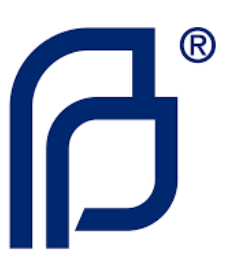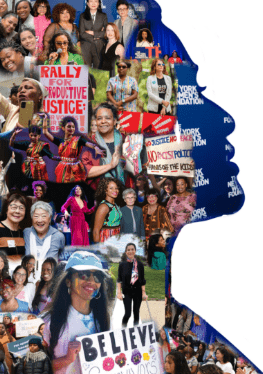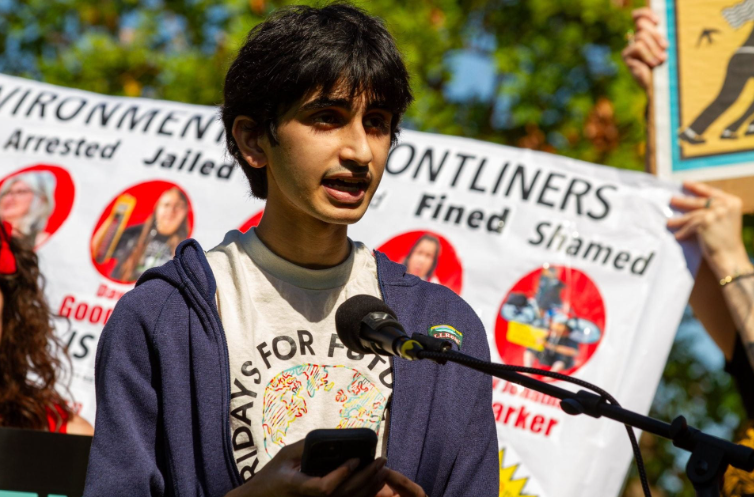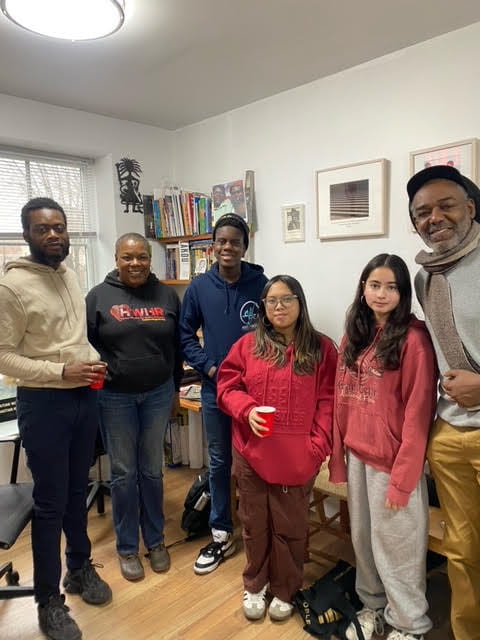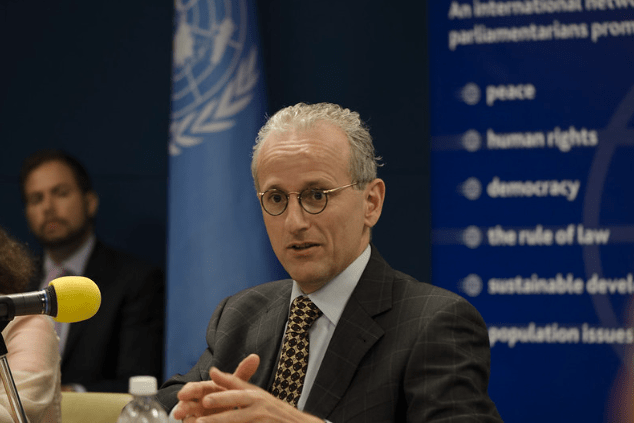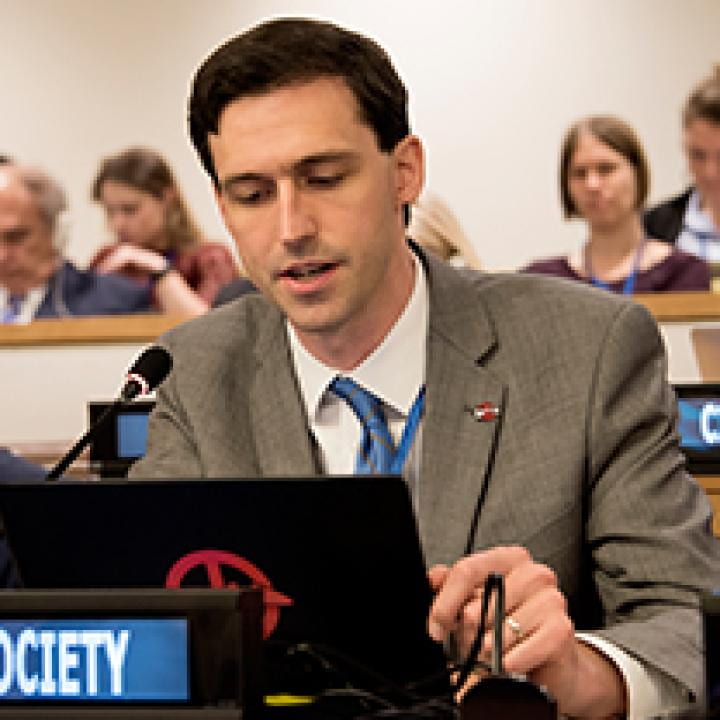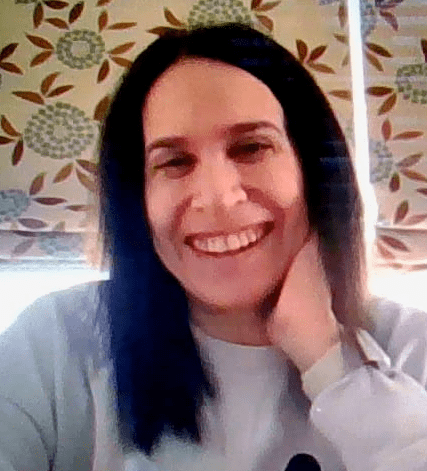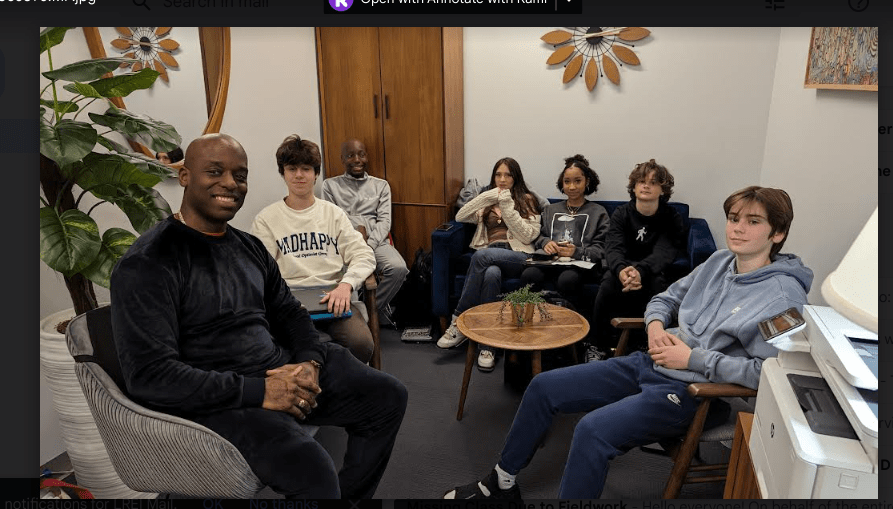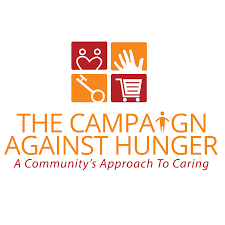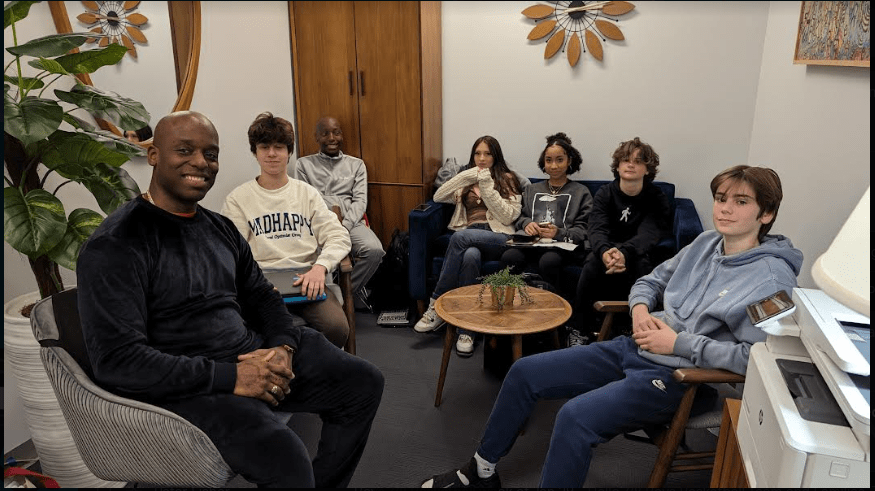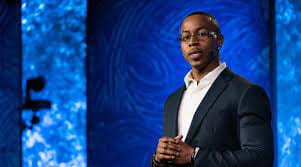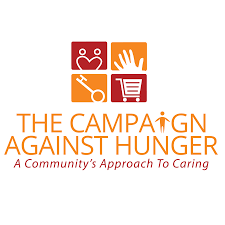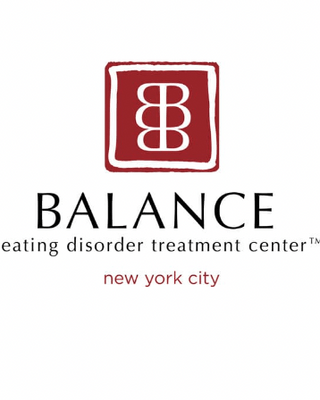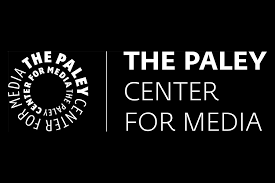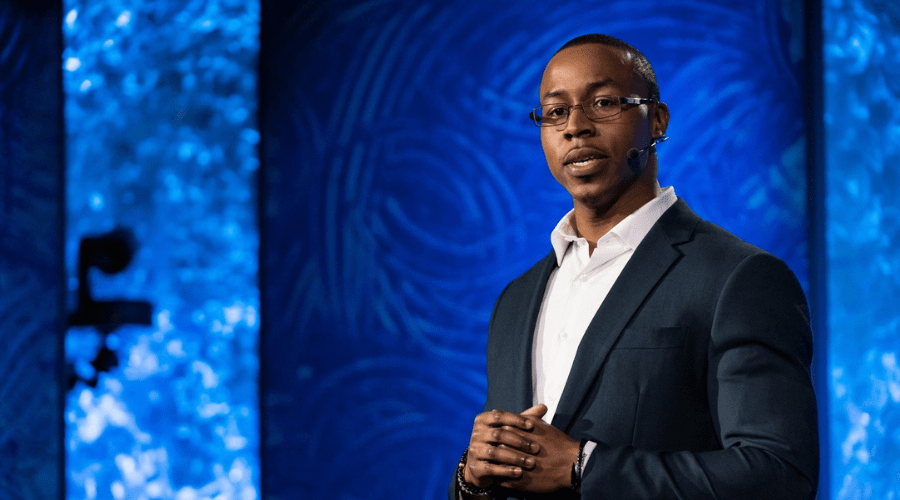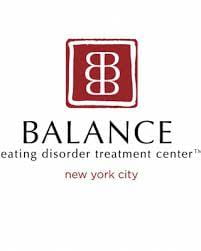Yesterday, my group member Juju came with me and my mom on an adventure to the Rockaways in an attempt to do our own beach cleanup. Armed with long metal grabbers, heavy-duty gloves, and garbage bags, we stepped onto the Rockaway Ferry at Pier 11 in Wall Street.
I have to say, the ferry ride may have been my favorite part of the trip. We had gorgeous conditions and the water was extremely calm. It was amazing to see so much of New York by ferry! We passed between the Statue of Liberty and Governors Island on the way out and spotted some oil tankers and a garbage barge that was loaded with trash. I could totally see how this is such a major cause of pollution: there was a lot of trash just barely hanging onto the boat and it seemed like plenty of garbage could fall into the water on a windy day.
We stopped briefly at Brooklyn Army Terminal to pick up more passengers and enjoyed amazing views as we passed under the Verrazano Bridge and, eventually, Coney Island. When we finally reached the Rockaways and got off the boat, we made our way to the beach and, along the way, walked right by a sewage treatment plant! It was so close to the water and it made me curious about how thoroughly the water was being cleaned and what was being done with the waste (and how that affects the community), especially since it was so close to the water’s edge. This is definitely something I’m interested in doing more research on (and possibly visiting a plant?).
When we reached the beach, it didn’t take us long to begin finding trash. The vast majority seemed to be plastic bags (many of which were shredded and appeared to have been in the ocean for an extremely long time) and smaller fragments, but we found a huge amount of variety as we went. We ended up walking along the wrack line of the beach, which seemed to have a lot of plastic, picking up garbage as we went. We didn’t cover too much territory (and I’m sure we only found a small amount of the total garbage in the area we covered), but we managed to completely fill two whole garbage bags (and part of a third) with trash in two hours. It was a great feeling to know that we were making a difference (and two people we ran into said we inspired them to come back and do their own beach cleanups), however small and insignificant it may seem.
This trip definitely made me think a lot about how worthwhile a beach cleanup is. The truth is that, however hard we try, our own individual actions will not make much of a difference, but they can inspire more people to do the same and our combined actions can make a greater difference. In any case, by picking up this trash, we probably saved at least a few animals and made a community’s space just a bit cleaner and safer. I was really surprised by how much I enjoyed the cleanup and how simple it was. I definitely want to do one again and it was empowering to know I can do something about pollution, even if the sheer amount of trash was depressing and heartbreaking.
After our cleanup, we properly disposed of the trash and enjoyed another lovely ferry ride home, spotting a variety of birds and a Harbor Seal (as well as a massive cruise ship).
Below is a (somewhat) complete list of the trash we found:
Bit of a sandcastle cup, Bottle caps, plastic bags, BIC lighters, ribbon (fabric), surgical masks, Welch’s candy, tampon applicators, straw, top of heroin syringe, snickers wrapper, napkins, wrappers, soda cans, aluminum foil, water bottles, towels, fishing line, water bottle with barnacles growing on it, winter hats, foam insulation, graham cracker wrapper, plastic syringe, bits of plastic fencing, McDonald’s cup, Payday wrapper, Gatorade bottles, inside of pen, Bakers Delight wrapper, heavy-duty plastic glove, Arizona iced tea wrapper, Lam’s Snacks plantain chips, Lean Body power drink, orange toy shovel head, plastic dolphin toy, plastic tube/hose with valve, hand warmer, Modelo beer can, Kinder Joy egg, Reese’s wrappers, Lay’s chip bag, sunglasses, Mini brand, Heineken bottles, lip balm, turd bags, Doritos wrapper, blue raspberry Jolly Rancher wrapper, tattered blue balloon, sunglasses without arms, plastic bullet casing (2 of them!), Ice Breakers cap, oversized plastic drill, mini-alcohol bottle—Pink Whitney, Bottle Pop, plastic sand bucket, tennis ball, part of a tire, plastic toilet, crab trap, tire, vitamin cap.
Read more

